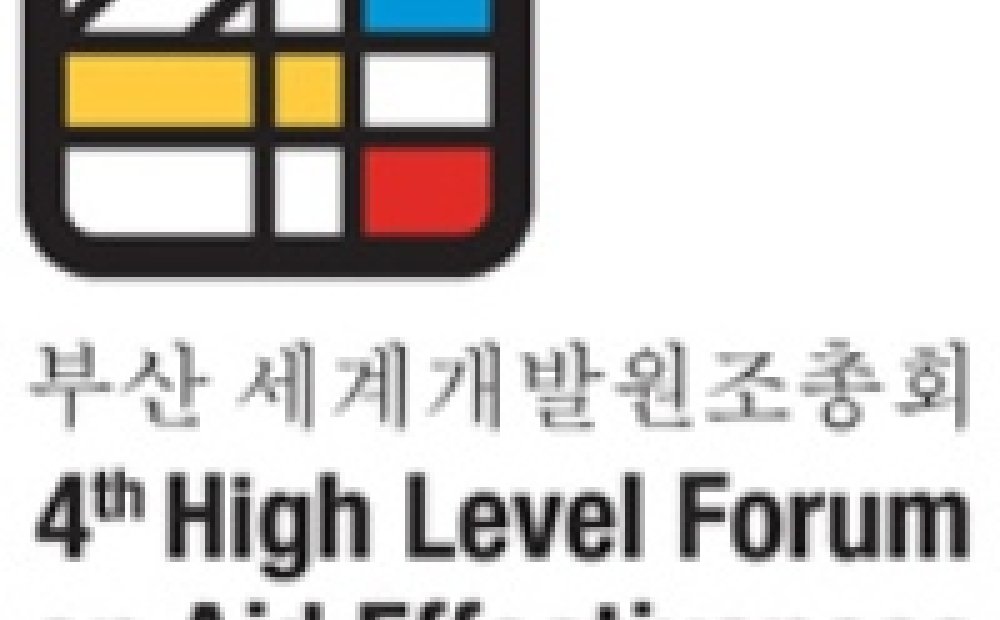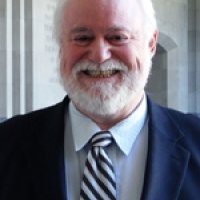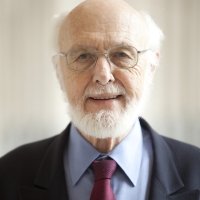A Debrief on Busan: What Happened and What’s Next? Analysis and Next Steps Following the 4th High Level Forum on Aid Effectiveness

“Busan was a win, but it [is only] half a win,” cautioned Gregory Adams, Director of Aid Effectiveness for Oxfam, in a meeting held at The Wilson Center on December 15th following the 4th High Level Forum on Aid Effectiveness in Busan, South Korea. Panelists gathered to assess the outcomes and recommend next steps for the recent forum that brought together over 2000 international representatives in efforts to redirect the course on development aid. “There is a need to decipher how to move forward with a more effective aid agenda,” stated Nancy Lindborg, Assistant Administrator, Bureau of Democracy, Conflict and Humanitarian Assistance, United States Agency for International Development (USAID). This need was addressed at the Wilson Center meeting where two expert panels discussed what this means for US policy towards foreign aid, as well as how to promote more sustainable development in fragile and post-conflict states. This meeting was co-sponsored by CDA Collaborative Learning Projects, Alliance for Peacebuilding, 3P Human Security, InterAction and USAID.
Reports from Busan
Steve Pierce, Senior Advisor for the Office of Donor Engagement in the Bureau for Policy, Planning, and Learning at USAID, outlined three significant developments from the conference. First, the goals of the conference encompassed broadening partnerships for aid effectiveness by “bringing in emerging economies in a way that addressed their challenges and opportunities;” achieving inclusivity along the lines of gender and different groups of the population; and avoiding a backslide from the 2008 Accra High Level Forum, which also focused on finding proper measures of aid delivery.
Second, the outcome document of the High-Level Forum adopted a greater political focus on the issues of development. Entitled, A New Deal for Fragile States, this document was about the “we” aspect of aid delivery and its significance ensured that “emerging economies saw themselves included in a partnership.” Lastly, Pierce said that the immediate implications of Busan “produced a concept of a building block,” with the United States co-leading the issues on private sector involvement, evaluation results and accountability, and the building of effective institutions and states.
Carolyn Long, Director of Global Partnerships at InterAction, indicated that one of the core ideas of the Busan Forum was to focus on “[moving] from aid effectiveness to development effectiveness [through] endorsing the Istanbul principles,” which highlight a commitment to ensure the involvement of civil society. She argued that it is essential to direct one’s attention to gender equality, environmental issues, the implementation of civil society as development actors, and pushing for transparency and accountability from primary stakeholders.
Robin Matthewman, Director of the Office of Development Finance at the U.S. Department of State, emphasized the gender component of aid effectiveness in her remarks when she argued that “gender equality is central to economic development, [and] gender will be central [to the] Busan agenda from now on.” One of the key aims at the forum outlined by Secretary of State Hilary Clinton was the need to re-evaluate and improve programs covering gender development, in addition to those sheltered under the umbrella of finance and food security.
The Future of Busan
The second panel began with Dayna Brown, Program Director for the Listening Project at CDA Collaborative Learning Projects, who supported a regional approach in ensuring aid effectiveness going forward rather than the country-by-country approach that is utilized today. Brown argued that in order to help post-conflict countries move faster from fragility to agility, “we need to focus on longer term aid and not just humanitarian assistance.” She also would like to see a stronger focus on conflict prevention, stating, “What we need is a trialogue, not a dialogue.” Brown ended her presentation by asserting that there must be a strong involvement of multiple state actors in order to effectively attend to the needs of development.
The South African Ambassador to the United States, Ebrahim Rasool, connected the concept of Ubuntu, of which a central tenant is “I am because you are,” with that of development aid, giving recognition to our interdependence. Ambassador Rasool further stated that “civil society organizations (CSOs) need to reach the nooks and crannies of society where government cannot penetrate,” and it is only then that the goals aimed for at the High-Level Forum in Busan will ensure their success.
Neil Levine, Director, Office of Conflict Management and Mitigation at USAID, underscored the five key goals of A New Deal for Fragile States framed: legitimate politics, security, justice, economic foundations, revenues and services. Levine added that in order to move forward effectively, “We need to figure out how to close the gap between what we say and do.” The use of effective accountability, the need for sufficient funding, [and] the need to move from fragility to sustainability, added World Vision’s Senior Policy Advisor Randy Tift, “were critical components of the New Deal document that are paramount to the future of aid effectiveness.”
It remains crucial, Matthewman added, that “[humanitarian aid maintains] a more agile and less bureaucratic structure [in order] to strengthen space for civil society…and government capacity.”
Speakers


Former President of the Overseas Development Council (ODC)
Hosted By

Africa Program
The Africa Program works to address the most critical issues facing Africa and US-Africa relations, build mutually beneficial US-Africa relations, and enhance knowledge and understanding about Africa in the United States. The Program achieves its mission through in-depth research and analyses, public discussion, working groups, and briefings that bring together policymakers, practitioners, and subject matter experts to analyze and offer practical options for tackling key challenges in Africa and in US-Africa relations. Read more
